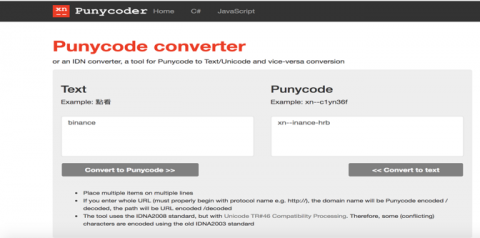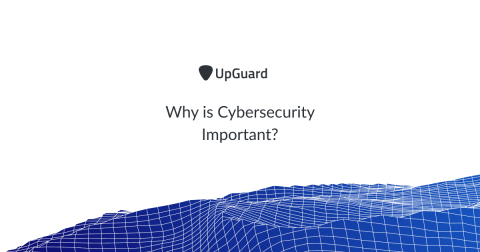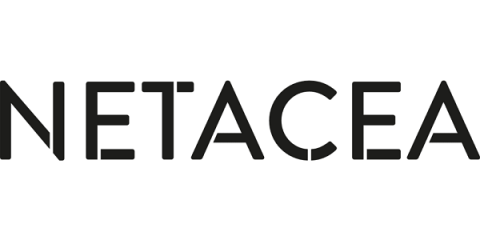22,900 MongoDB Databases Held to Ransom by Hacker Threatening to Report Firms for GDPR Violations
Hackers are once again finding unsecured MongoDB databases carelessly left exposed on the internet, wiping their contents, and leaving a ransom note demanding a cryptocurrency payment for the data’s safe return. As ZDNet reports, ransom notes have been left on almost 23,000 MongoDB databases that were let unprotected on the public internet without a password. Unsecured MongoDB databases being attacked by hackers is nothing new, of course.









